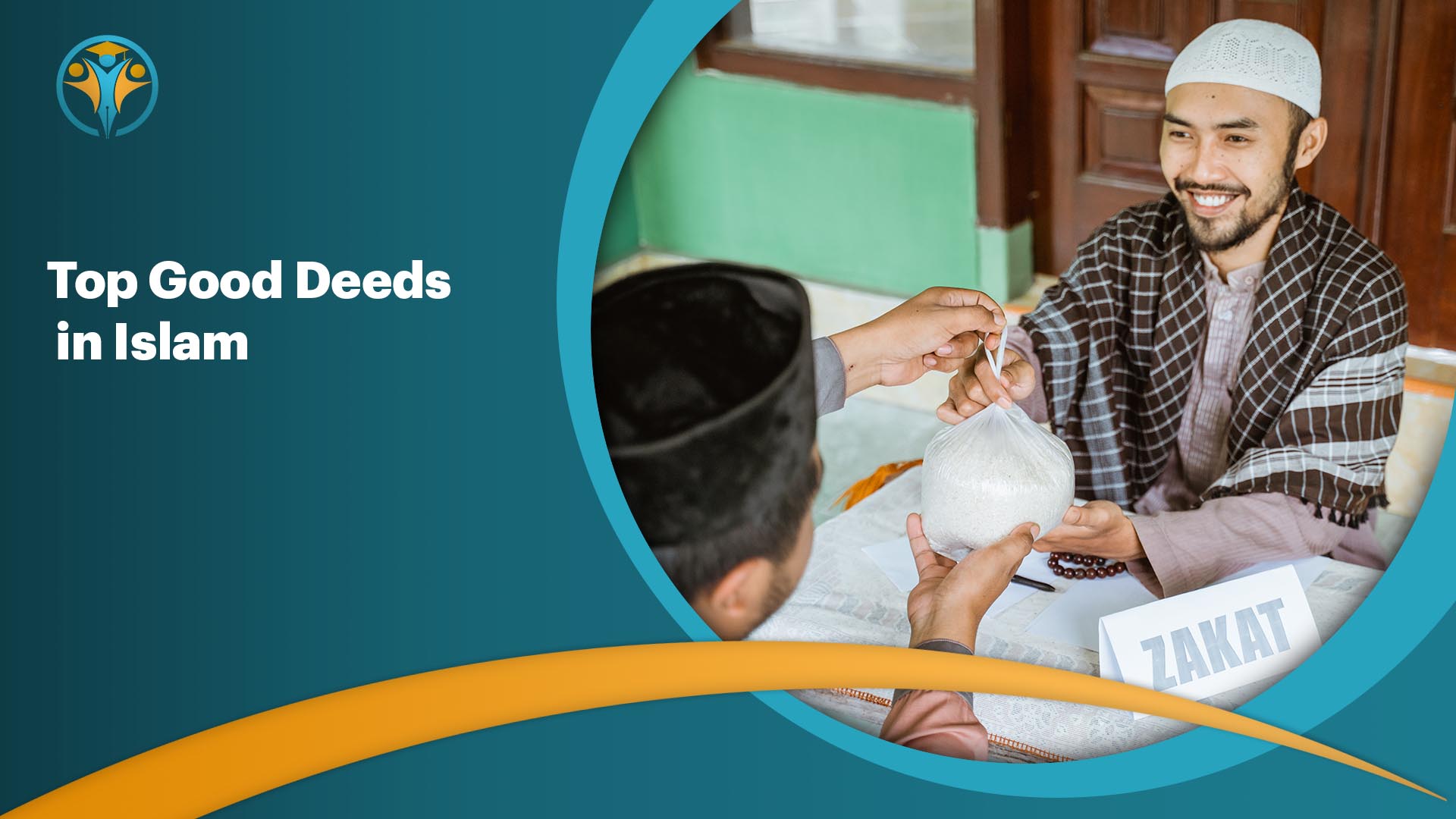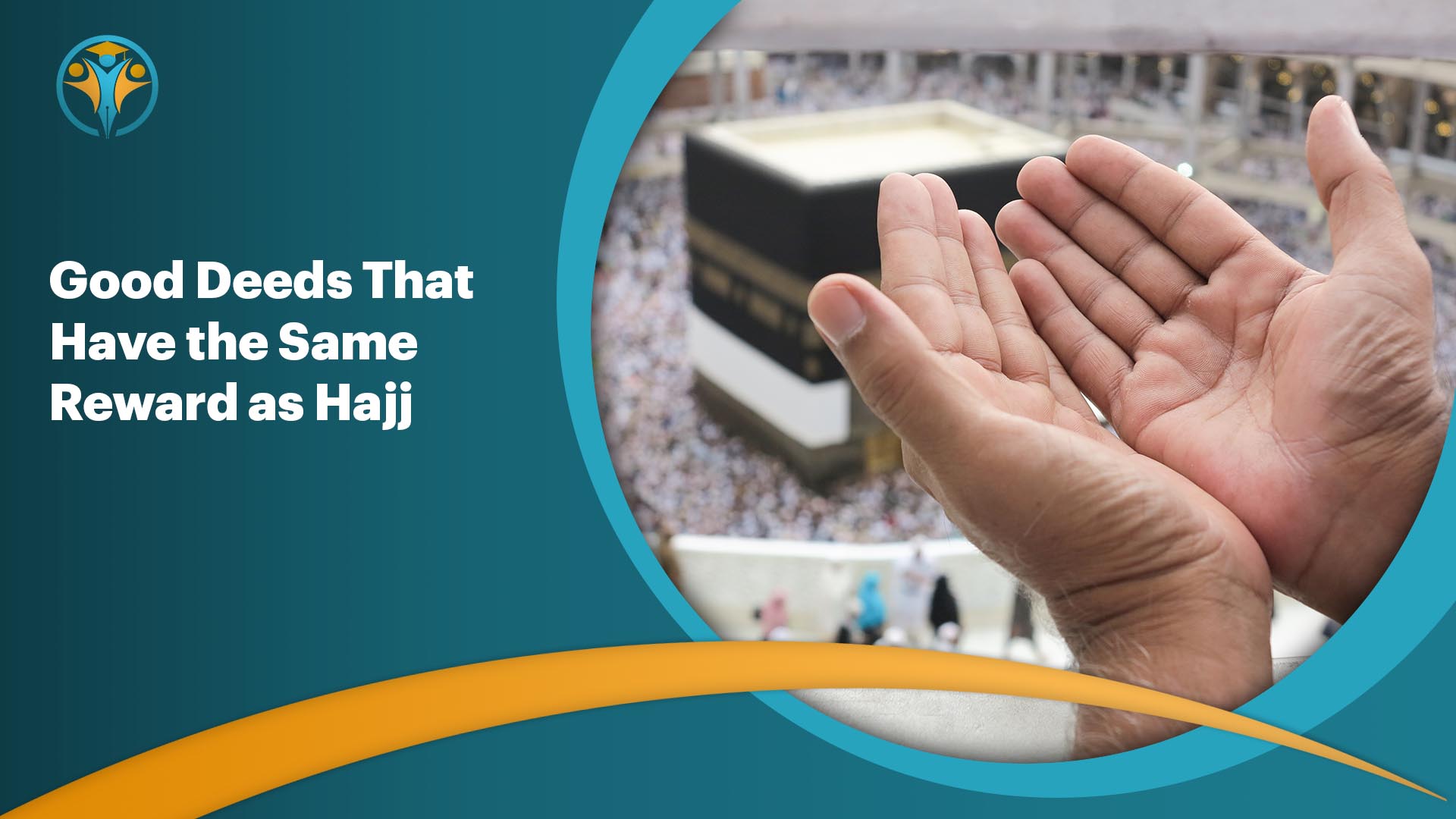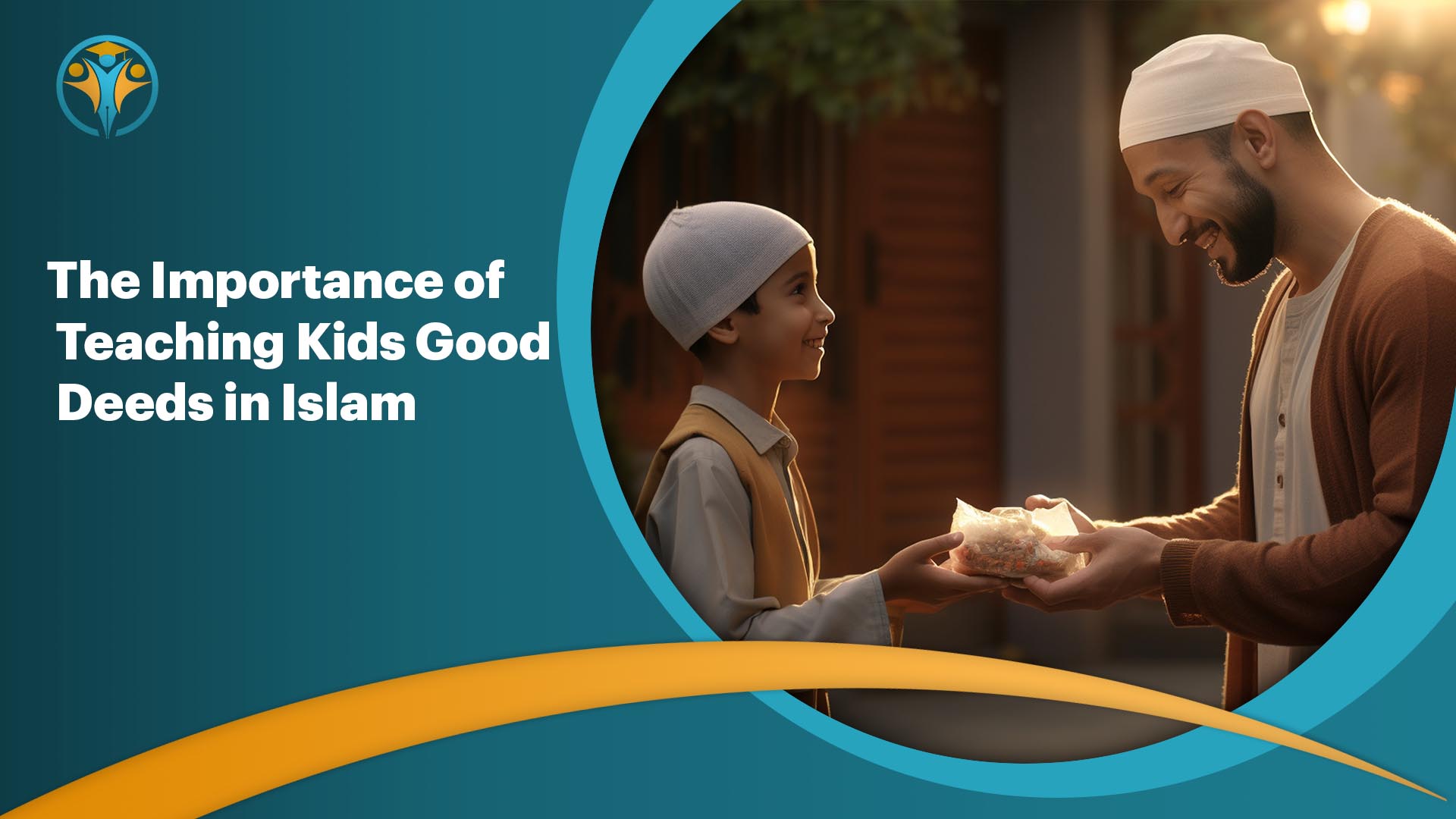
Top Good Deeds in Islam: That Bring You Closer to Jannah2026
Good deeds in Islam are manifested in many aspects, including obeying God’s commands, avoiding forbidden things, performing obligatory acts, and performing voluntary acts of worship.
Good deeds in Islam include praying in congregation, attending funerals, and performing the funeral prayer.
Good deeds also have a significant impact on raising status with God, alleviating hardship, and answering prayers.
The top good deeds in Islam are those that bring good to the individual and society.
In Islam, good deeds encompass all actions that please Allah, whether they are acts of worship or acts of kindness towards others.
These deeds are a means of drawing closer to God and earning His reward.
The life of a Muslim revolves around striving to perform good deeds with sincere intention, hoping for Allah’s mercy, peace, and eternal reward in Jannah (paradise).
Whether it’s through daily prayers, helping others, or offering charity, Islam teaches that good deeds elevate a person’s rank and bring them closer to the Almighty.
This article explores the top good deeds in Islam that can help Muslims earn Allah’s favor and ultimately gain entry into Jannah.
Understand the Top Good Deeds In The Eyes Of Allah SWT
Good deeds in Islam are actions done with sincerity and for the sake of Allah alone.
They can be both physical and spiritual acts, including praying, reciting the Quran, maintaining family ties, and even smiling at someone.
According to the Quran and Hadith, Allah loves consistent good actions, even if they are small.
Among the most beloved deeds to Allah are performing the five daily prayers, being kind to parents, helping the poor, speaking the truth, and staying away from evil actions.
The Prophet Muhammad (peace be upon him) said: “The most beloved deeds to Allah are those that are done consistently, even if they are small.” (Hadith – Bukhari)
Another top deed is sincerity (ikhlas) in worship.
The intention behind every act matters deeply.
A Muslim must perform deeds only for Allah’s pleasure, not for praise or recognition from people.
Without the right intention, even large charitable acts may not be accepted.
The Leading platform, Super Muslim Academy, emphasizes these teachings through structured Islamic education.
To instill in learners the importance of righteous actions and pure intentions from an early age.

Conditions for the Acceptance of Good Deeds in Islam
Islamic teachings clarify that for any deed to be accepted by Allah, two essential conditions must be met: sincerity (ikhlas) and adherence to the Sunnah of the Prophet Muhammad (PBUH).
First, a deed must be done purely for Allah’s sake.
Second, it must follow the way of the Prophet, as explained in the Hadith and the Quran.
Allah SWT says in the Quran: “Whoever hopes for the meeting with Allah – let him do righteous work and not associate anyone in the worship of his Lord.” (Surah Al-Kahf, 18:110)
This verse shows that any act of worship must be free from shirk (associating partners with God).
Even acts like praying, fasting during Ramadan, or giving charity must be performed according to the teachings of Islam and the noble example of the Prophet.
Performing actions with arrogance or for show (riya) nullifies the deed.
The Prophet warned against this, saying that such a person seeks reward from humans, not Allah.
Muslims must ensure their actions are rooted in faith, mercy, humility, and love for Allah and His Messenger.
Virtues of Good Deeds in Islam
The virtues of good deeds in Islam are immense.
Every good action brings a Muslim closer to paradise and further away from Hellfire.
Deeds performed with faith and patience can erase sins, raise ranks, and earn the pleasure of Allah.
In addition, the Quran and Hadith mention that good deeds act as a shield from evil.
Allah says in Surah Hud (11:114): “Indeed, good deeds erase bad deeds. That is a reminder for those who remember.”
Shows the cleansing power of righteous acts.
Good deeds in Islam also benefit society.
From feeding the hungry to helping an elderly person cross the road, these actions contribute to a peaceful and loving community.
Caring for an animal or giving someone a sip of water is rewarded.
The Prophet (SAW) told of a man who was forgiven by Allah for quenching the thirst of a dog, a powerful reminder of how even small acts of kindness hold great value in Islam.
Furthermore, in congregational prayer and during times of hardship, good deeds multiply in reward.
Some Islamic scholars say that during Ramadan, every deed earns 70 to 700 times the normal reward.
This makes the holy month a perfect opportunity to increase noble actions and raise one’s spiritual rank.

Good Deeds in Islam That Have the Same Reward as Hajj
Good Deeds in Islam That Have the Same Reward as Hajj
While performing Hajj is a monumental act of worship, not everyone can make the pilgrimage.
Thankfully, the Hadith mentions several good deeds that hold similar rewards to Hajj, especially when done with sincerity and love for Allah.
According to the Prophet (SAW), “Whoever prays Fajr in congregation and then sits remembering Allah until sunrise, then prays two rak’ahs, will have a reward like that of Hajj and Umrah.” (Tirmidhi)
The hadith here shows the importance of Fajr prayer in good deeds in Islam.
Other examples of good deeds in Islam include:
- Visiting the sick.
- Attending a funeral prayer and accompanying the deceased to the grave.
- Saying SubhanAllah 100 times daily.
- Performing voluntary prayers (like Dhuha).
These actions are easy to perform but carry immense spiritual benefit.
The Super Muslim Academy encourages believers to develop these habits in their daily lives, even from a young age, so they become an integral part of one’s character.
Major Good Deeds in Islam
Islam recognizes both major and minor good deeds.
Major good deeds carry significant weight and often have a wide impact on individuals and communities.
Some of these include:
- Daily Prayers (Salah): The foundation of a Muslim’s faith. The prayer connects a person to Allah five times a day.
- Zakat (Charity): Purifies wealth and helps those in need. Giving charity is among the most rewarding deeds.
- Fasting (Sawm): Especially during Ramadan, it builds taqwa (God-consciousness) and discipline.
- Maintaining Family Ties: The Prophet emphasized this as a means of prolonging life and earning Allah’s favor.
- Seeking Islamic Knowledge: A person who learns and teaches others ranks high in the sight of Allah.
Other major acts include defending the oppressed, helping the poor, building mosques, reciting the Quran, and consistently avoiding sins.
Performing these deeds not only benefits the individual but also strengthens the entire ummah.
Best deeds in the eyes of Allah Hadith
The best deeds in the sight of Allah are belief in Allah, jihad in His cause, prayer on time, and being dutiful to one’s parents.
As reported in the hadith of Abu Dharr (may Allah be pleased with him), when the Prophet (peace and blessings be upon him) was asked about the best deeds.
He replied, “Belief in Allah and His Messenger.” The Prophet (peace and blessings be upon him) was asked, “Then what?”
The Prophet (peace and blessings be upon him) replied, “Jihad in the cause of Allah.”
The Prophet (peace and blessings be upon him) was asked, “Then what?” The Prophet (peace and blessings be upon him) replied, “An accepted Hajj.”
Here, jihad is not fighting, but rather means striving to do a good deed for Allah.
The Importance of Teaching Kids Good Deeds in Islam
One of the most vital responsibilities of parents and Islamic institutions is teaching children about good deeds in Islam from an early age.
Instilling Islamic values like kindness, honesty, and charity ensures that kids grow up to become righteous believers who benefit both this world and the hereafter.
Kids learn best by example.
When they see their parents praying, feeding the poor, reciting the Quran, or saying kind words, they naturally imitate these actions.
Encouraging them to give a portion of their allowance in charity or to help someone in need fosters a deep sense of empathy and faith.
The Super Muslim Academy is a leading platform that offers structured Islamic lessons for kids, including the importance of good deeds, prayers, and moral behavior.
Children are taught how even a smile is a sadaqah, and how saying “thank you” or sharing food earns rewards from Allah.
By involving children in mosque activities, Quran classes, and charitable events, we nurture future generations of Muslims who understand the true meaning of faith and ihsan (excellence in worship and character).
This not only benefits their individual lives but also strengthens the moral fabric of the entire Muslim community.
Conclusion
Good deeds in Islam are more than actions—they are a reflection of a believer’s heart and faith.
From the daily prayers to acts of kindness and charity, each deed has the potential to earn immense rewards and draw a person nearer to Allah’s mercy and paradise.
Whether it’s caring for an animal, visiting the sick, or reciting a verse of the Quran, Islam offers countless opportunities to do good.
With the right intention and sincerity, every believer—regardless of age or status- can fill their book of deeds with actions that please Allah SWT.
Through platforms like the Super Muslim Academy, Muslims can continue learning, growing, and performing noble acts throughout their lives.
Let us strive to make our actions count, to perform them consistently, and to teach them to our children.
So that we may all earn Allah’s favor and be among the righteous in Jannah. Ameen.

